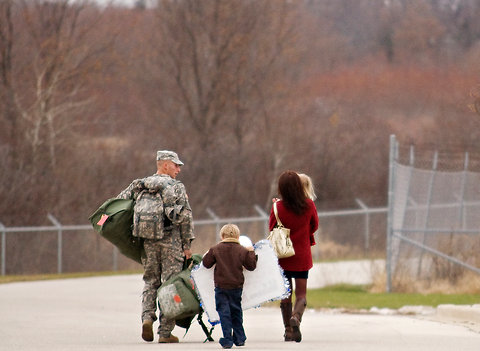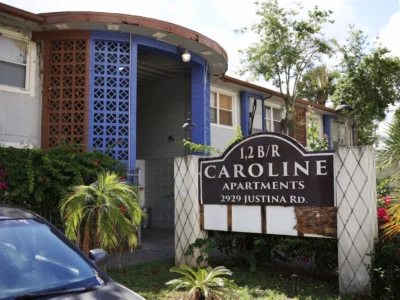
Homelessness is among the most urgent problems facing our veterans. It is also among the most solvable. Simply put, veterans become homeless when various systems fail them. Upon returning home, they may struggle to find employment, obtain appropriate health care or secure treatment for war-related mental illness. Strengthening their access to these supports can keep many veterans from landing on the streets. And what should be done about those who are already there? Regardless of why a veteran becomes homeless, we know that with proper, often minimal support, nearly all can escape the streets and fully rejoin our communities.
Right now, on any given night, roughly 68,000 veterans are homeless in the United States. Within that number, a group of at least 14,000 have been homeless for a year or more and suffer from at least one chronic — and costly to treat — health condition. These long-term, chronically homeless veterans typically don’t make it off the streets without specific, targeted help. Communities must commit to identifying them by name and making them a priority, along with veterans who have life-threatening health conditions, for housing assistance and access to an organized support system.



